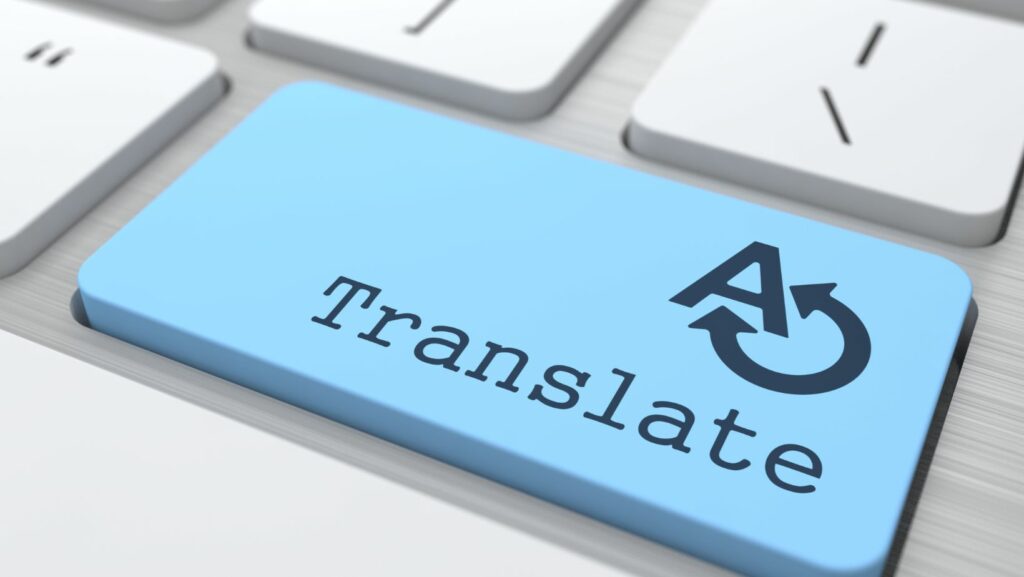Patent translations are essential for innovators and businesses looking to protect their intellectual property in international markets. As patent laws vary globally, having precise, high-quality patent translations ensures that your ideas and inventions are accurately represented and legally protected across different countries.
In this guide, we’ll discuss the importance of patent translations, the challenges involved, how Kings of Translation Services can help, and key factors to consider when choosing a translation provider.
What Are Patent Translations?
Patent translations are specialized translations of patent-related documents, including patent applications, claims, technical descriptions, and legal documents. Accurate translations are required when applying for patents in multiple countries, as the patent office and legal systems in each jurisdiction will review these documents in their native language.
Patent translations are vital for the following:
- Patent Filing: Patent applications must be submitted in the official language of the patent office in the target country.
- Enforcing Patent Rights: Inaccurate translations can lead to legal disputes or loss of patent rights, so precise translations are necessary to protect your intellectual property.
- International Compliance: Different countries have unique patent rules. Translations help meet these regulatory requirements, ensuring your application’s success.
Why Are Patent Translations So Important?
Patent translations serve as the basis for protecting intellectual property rights in foreign markets. Given the competitive global landscape, securing patents in multiple countries helps businesses prevent competitors from copying or profiting from their inventions. Accurate translations help:
- Avoid Legal Issues: Errors in patent documents can cause misunderstandings, leading to potential lawsuits, lost patent rights, or even patent revocation.
- Ensure Clear Communication: Precise language is essential to ensure that the invention, technical details, and claims are fully understood by international patent examiners.
- Strengthen Global Protection: Translating patents enables companies to extend their patent rights across multiple jurisdictions, enhancing the value of their intellectual property portfolio.
The Challenges of Patent Translations
Patent translations are highly complex due to the technical and legal nature of the documents. Here are some of the main challenges involved:
- Technical Terminology: Patents contain highly specialized technical language. Translators must be familiar with industry-specific terminology to avoid inaccuracies.
- Legal Terminology: Patent documents use specific legal terms that require precision to ensure full legal protection. Translators must be well-versed in legal language.
- Consistency Across Jurisdictions: Each country may have different requirements for patent applications, including formatting and structure. Translators must ensure the document is compliant with each jurisdiction’s standards.
- Time Constraints: Patent applications are often time-sensitive, especially for inventions in fast-moving industries. Quick turnaround without sacrificing quality is critical.
These challenges highlight the need for expert patent translators who understand both the technical and legal aspects of patents.
How Kings of Translation Services Can Help with Patent Translations
Kings of Translation Services is a leading provider of professional translation services, specializing in complex, high-stakes translations like patents.

Here’s how their expertise can help you:
- Experienced Patent Translators: Kings of Translation Services employs translators with expertise in both legal and technical fields, ensuring accurate, compliant translations.
- Industry-Specific Knowledge: Their translators are knowledgeable in various industries, from biotechnology to software, ensuring accurate technical language and terminology.
- Quality Assurance Process: Kings of Translation follows a rigorous quality assurance process, with each translation undergoing thorough reviews to ensure accuracy and consistency.
- Timely Delivery: Recognizing the urgency of patent applications, they offer fast turnaround times, keeping projects on schedule without compromising quality.
- Confidentiality: Patent documents often contain sensitive information. Kings of Translation uses strict security protocols to ensure your intellectual property remains confidential throughout the translation process.
Types of Patent Documents That Require Translation
Patent translations involve several types of documents, each serving a different purpose in the patent application process:
- Patent Applications: The initial application detailing the invention, technical specifications, and claims.
- Patent Claims: Describes the scope of legal protection for the invention. Clear translation is critical to ensure the patent’s enforceability.
- Technical Descriptions: Provides detailed descriptions of the invention’s functions and mechanisms. Accurate translation is necessary to meet patent office standards.
- Legal Contracts and Agreements: Patent-related agreements, such as licensing or assignment contracts, may require translation for legal clarity.
- Prior Art Documentation: Documentation of prior inventions or techniques relevant to the patent application, often needed for examination by patent authorities.
Key Factors to Consider When Choosing a Patent Translation Service Provider
When selecting a provider for patent translation services, it’s essential to choose a company that has both the experience and the expertise to handle the complexities involved. Here are key factors to consider:
- Experience with Patent Translations: Providers should have a track record of handling patent documents and understanding the nuances of patent law across different countries.
- Specialized Translators: Patent translation requires translators with knowledge in the relevant technical and legal fields.
- Certification and Quality Control: Look for providers that follow a strict quality assurance process, with certifications that guarantee accuracy and compliance.
- Confidentiality and Security: Patent documents are sensitive, so ensure the provider follows strict data security protocols to protect your intellectual property.
- Timely Delivery: Patent applications often have tight deadlines, so choose a provider that offers fast, reliable service without sacrificing quality.
Average Cost of Patent Translations
The cost of patent translations can vary widely based on factors such as document length, language combination, technical complexity, and urgency. Below are some general price ranges:
- Technical Patent Descriptions: $50 – $100 per page, depending on complexity.
- Legal Contracts or Agreements: $60 – $150 per page, as these require precise legal terminology.
- Full Patent Applications: $1,000 – $5,000 or more for lengthy applications, especially for highly specialized fields like biotechnology or engineering.

Kings of Translation Services offers competitive pricing and customized quotes based on specific project needs, helping clients manage costs without compromising on quality.
Tips for Preparing Documents for Patent Translation
To ensure a smooth translation process, consider the following preparation steps:
- Organize All Documents: Collect and organize all necessary documents, such as technical descriptions, prior art documentation, and claims.
- Review for Clarity: Ensure your original document is clear, as any ambiguity can lead to translation errors.
- Provide Reference Materials: If available, provide glossaries or previous patents to aid translators in maintaining terminology consistency.
- Request Certification: Make sure the provider offers certification of translation if required by the target country’s patent office.
Frequently Asked Questions (FAQs) About Patent Translations
1. Do patent translations need to be certified?
- Yes, many countries require certified patent translations to ensure accuracy and legal compliance. Certification may vary by country, so check the requirements of the target patent office.
2. How long does it take to translate a patent?
- Translation time depends on the length and complexity of the patent. Simple documents may take a few days, while complex applications could take several weeks. Kings of Translation offers expedited services if needed.
3. Can patent translations be rejected by foreign patent offices?
- Yes, inaccurate translations can lead to rejection, legal disputes, or loss of rights. Working with a reliable provider like Kings of Translation reduces this risk.
4. What languages are most common for patent translations?
- Common languages include Japanese, German, French, Korean, and Chinese, as these countries have strong patent activity. Kings of Translation covers these languages and many more.
Conclusion
Patent translations are a critical component of protecting intellectual property internationally. Given the technical and legal complexity involved, it’s essential to choose a translation provider with the expertise and experience needed to ensure accurate and compliant translations. Kings of Translation Services stands out as a trusted provider, offering industry-specific knowledge, certified accuracy, and timely delivery to meet the demanding needs of patent translations.
By working with Kings of Translation Services, innovators and businesses can confidently expand their intellectual property protection into global markets, knowing their patents are accurately represented and legally secure.
